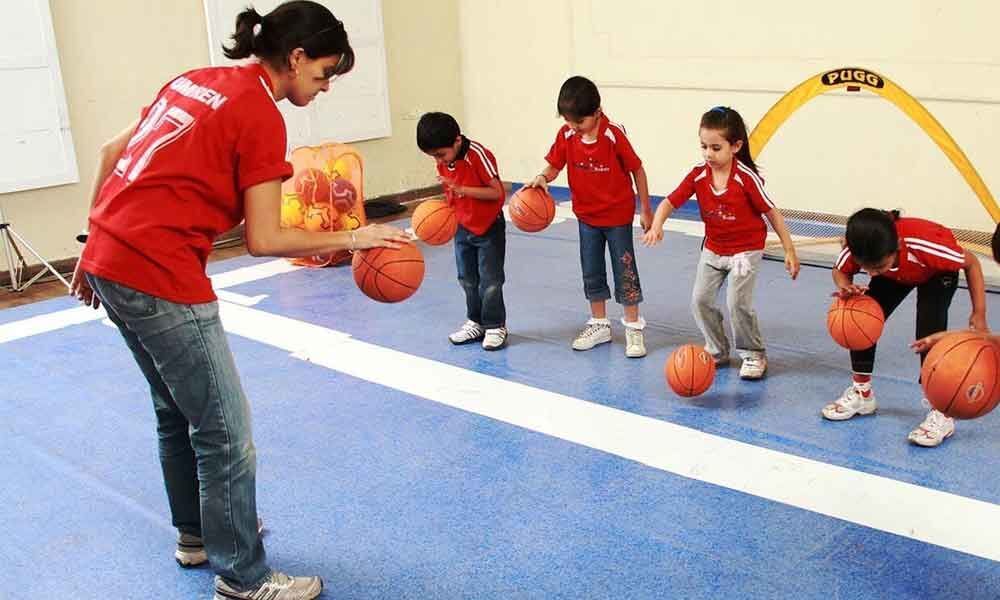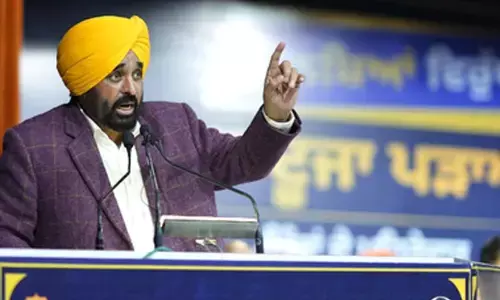National Education Policy recommends single formal curriculum

National Education Policy suggests that students be given flexibility to choose course at secondary school level
Hyderabad: The draft National Education Policy (NEP) suggested that the Centre remove distinctions like 'co-curricular and extra-curricular' or 'academic and vocational' streams for the holistic development of the students.
The committee, headed by the former ISRO Chairman Kasturirangan, highlighted the need for a single formal curriculum and reducing the burden of curriculum content load on the students by giving flexibility to the students to study what they like.
Giving reasons for its recommendation, it said the students should be given flexibility in choosing courses at the secondary school level to make the best use of their time in school.
This would help them choose what they want to learn. Towards this direction, it recommended to include arts, crafts and sports in the curriculum as they are valuable to both human and societal advancement.
Accordingly, sports, yoga, dance, music, drawing, painting, sculpting, pottery making, woodworking, gardening, and electric work etc should be taken into a single curriculum.
To make it happen, the committee suggested that the NCERT prepare syllabi and textbooks as per the National Curriculum Framework (NCF) and incorporate these subjects in the national curriculum.
In turn, the State Councils of Educational Research and Training (SCERTs) in States may edit, supplement, and rewrite as per the specific needs of each State, it said.
While recommending inclusion of physical education, the arts, and vocational crafts throughout the school curriculum, it however, said, due consideration should be given for what is interesting and safe at each age.
A holistic approach to education should come hand-in-hand with student empowerment and choice. All subjects should carry importance within the curriculum for each student according to his or her choices and inclinations", it said.
Asking to delay in introducing the specialisation to the students the draft report said that this would help student's choices are not dictated by parents or society, but rather via their own experience, interests, and self-reflection.
It suggested that there should not be any hard separation of 'vocational' and 'academic' streams in the curriculum right from the elementary to the secondary level.
Terming with the rapid changes in the economic scenarios, fundamental capacities became even more important than specific skills.
All students will have the opportunity to take vocational courses which will be an integral part of the formal curriculum and will give learners in-depth exposure to areas such as agriculture, electronics, local trades and crafts, etc. This would also foster respect for a variety of professions, it said.








